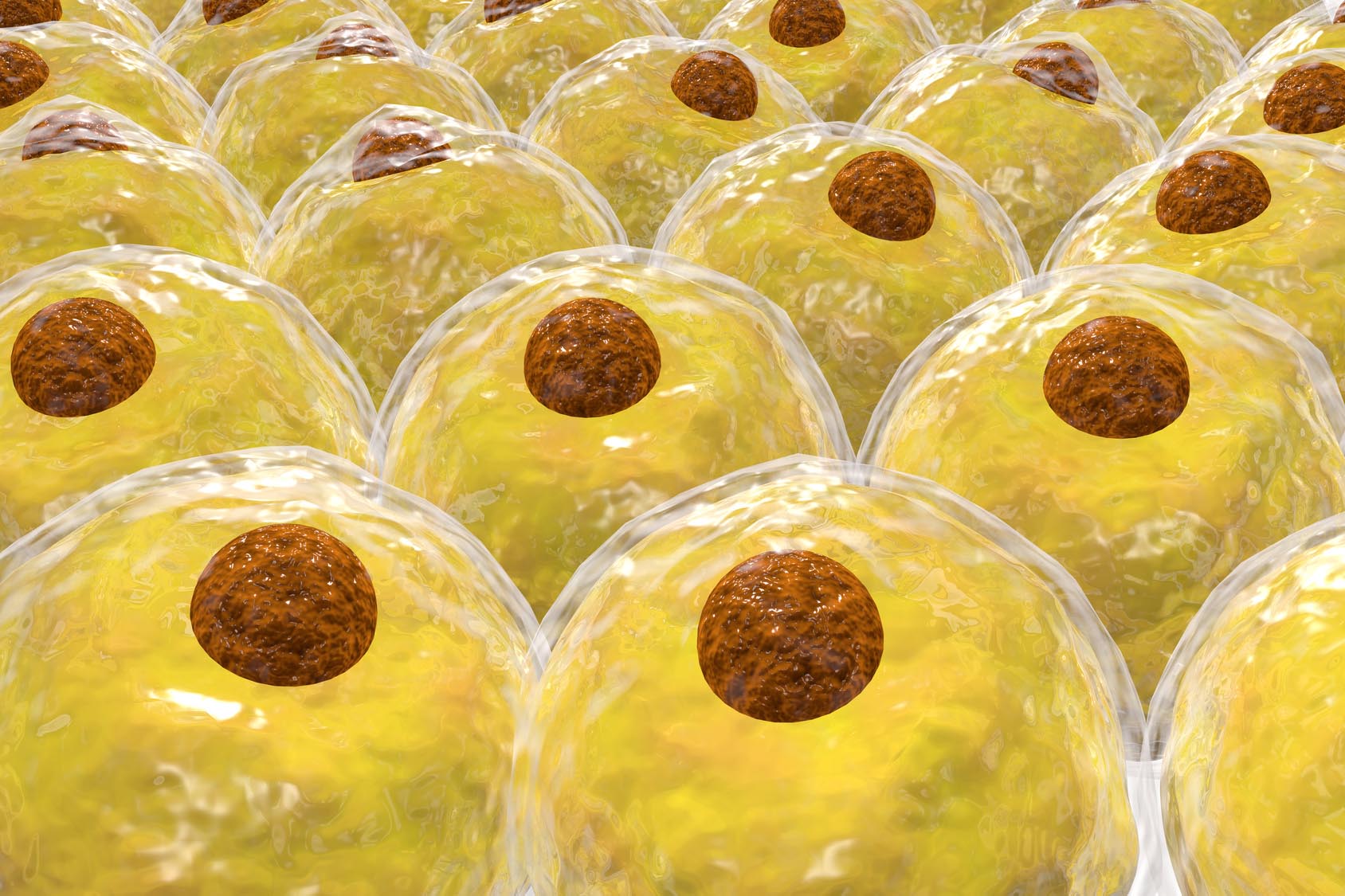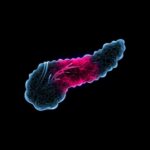• High-fat signature
• Study variability
What is already known on this topic
Several studies have shown that diet influences the gut microbiota, but which diets have reproducible effects across studies is unclear.What this research adds
Researchers re-analyzed 27 studies on the effect of diet on the gut microbiota, which included more than 1,000 samples from rodents and humans. The team found that a high-fat diet reproducibly changes the composition of the gut microbiota.Conclusions
The findings show the effect of a high-fat diet on the gut microbiota as well as the utility of meta-analyses in identifying reproducible features for studies in animal models.
A high-fat diet induces reproducible changes in the composition of the mouse gut microbiota, a meta-analysis of dozens of studies revealed. The findings, published in Cell Host & Microbe, show a strong effect of diet on gut bacteria as well as the utility of meta-analyses in identifying reproducible features for studies in animal models.
Scientists have known that diet influences the gut microbiota, but due to variability in experimental design and assessment, it’s unclear which diets have reproducible effects across studies.
To address this question, Jordan Bisanz and Vaibhav Upadhyay at the University of California, San Francisco and their colleagues re-analyzed 27 studies on the effect of diet on the gut microbiota. The studies included 1,073 rodent samples and 29 human samples.
High-fat signature
Nearly all the studies analyzed showed a substantial effect of a high-fat diet on bacterial community composition. The researchers found the most reproducible signal of a high-fat diet to be bacteria belonging to the genus Lactococcus, whose levels were increased in 14 of the rodent studies. However, the researchers showed that Lactococcus is a common dietary contaminant, and casein is likely the source of contamination.
So the team re-analyzed the studies excluding Lactococcus, and found that bacteria belonging to the Lachnospiraceae, Ruminococcaceae, and Muribaculaceae families are predictive signals of a high-fat diet in mice but not in people or mice carrying functioning human genes or cells.
Study variability
Humanized mice were not better predictors of human diet than conventional mice, but the researchers caution that this may be a result of the limited dataset size and diversity of studies rather than a reflection of the underlying physiology.
Although more work is needed to understand the implications of gut microbes associated with high-fat diets, the findings support the idea that the structure of the mice gut microbiota is altered in response to those diets.
The study also highlights the considerable technical and experimental differences across studies. Future work should account for dietary contaminants such as Lactococcus bacteria to prevent an artificial microbial signature of diet, the researchers say.









